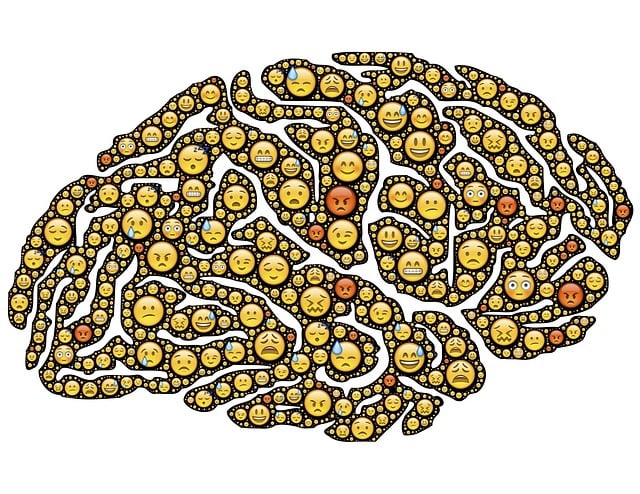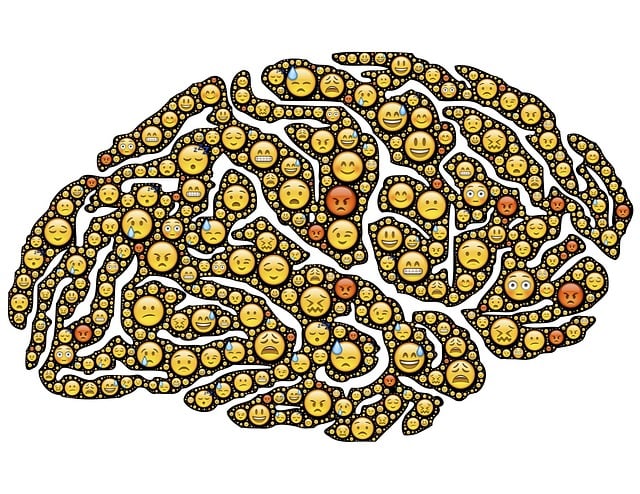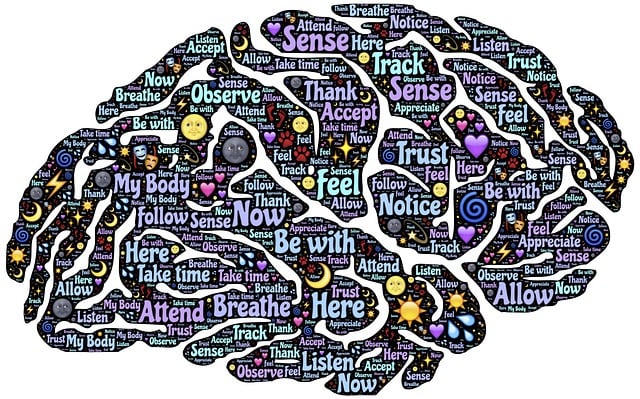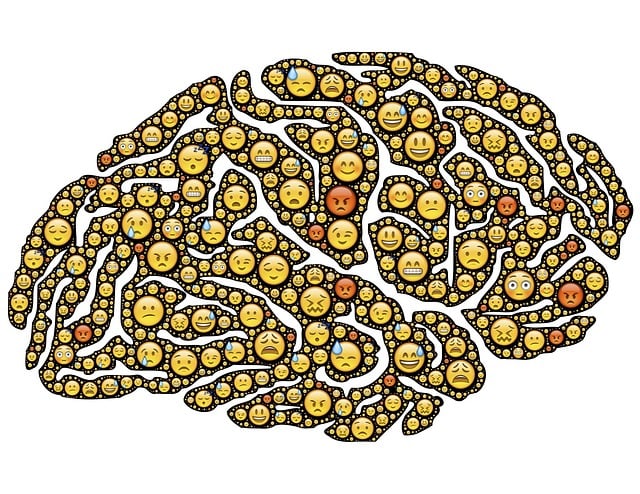Evaluating mental wellness programs for therapy for young adults Hebrew speaking requires culturally sensitive tools and tailored approaches. Standard questionnaires may not capture their unique experiences, so therapists should use measures designed specifically for this population, focusing on emotional regulation, coping strategies, and psychological distress within their cultural context. Incorporating risk management planning, self-awareness exercises with culturally relevant narratives, and promoting inner strength development are vital for effective programs. Research combines qualitative and quantitative methods to assess the impact of these programs on mood, anxiety, and social connections, ultimately enhancing mental health accessibility in diverse Hebrew-speaking communities.
Mental wellness program evaluations are crucial for understanding the effectiveness of interventions, especially within diverse populations like Hebrew-speaking young adults. This article explores comprehensive evaluation methods tailored to this demographic, from cultural considerations in assessment to evidence-based therapeutic practices and innovative measurement strategies. By delving into individual therapy vs. group settings, integrating cultural therapies, and employing pre-post testing, qualitative feedback, and longitudinal studies, we uncover ways to enhance program quality and improve mental health support for Hebrew-speaking young adults.
- Assessment Tools for Hebrew-Speaking Young Adults
- – Cultural considerations in mental health assessment
- – Standardized tools and their adaptation for Hebrew-speaking populations
- – Qualitative vs quantitative methods
Assessment Tools for Hebrew-Speaking Young Adults

Evaluating mental wellness programs tailored to Hebrew-speaking young adults requires specialized assessment tools that account for cultural nuances and language barriers. Standardized questionnaires and interviews, while valuable, might not capture the unique experiences and expressions of this demographic. Therefore, therapists and mental health professionals should consider culturally sensitive measures specifically designed for Hebrew-speaking populations. These could include validated scales assessing emotional regulation, coping strategies, and psychological distress in the context of their cultural framework.
Integrating risk management planning is crucial when working with young adults from diverse linguistic backgrounds. Mental wellness coaching programs development should incorporate strategies to identify and mitigate potential risks, ensuring a safe and supportive environment. By combining tailored assessment tools with robust risk management practices, mental health professionals can effectively evaluate and enhance the mental wellness of Hebrew-speaking young adults, promoting successful outcomes in therapy sessions.
– Cultural considerations in mental health assessment

In the realm of mental wellness program evaluation, cultural considerations are paramount, especially when catering to specific demographics like young adults speaking Hebrew. Mental health assessment tools and therapies must be culturally sensitive to ensure effectiveness. Different cultures have unique perspectives on mental illness, coping mechanisms, and help-seeking behaviors, which can significantly impact the way individuals experience and express distress. For instance, some cultures may emphasize collective over individual suffering, influencing how they describe and perceive their mental health challenges.
When designing or evaluating mental wellness initiatives, particularly a Mental Wellness Podcast Series Production or Mental Health Education Programs Design, it’s crucial to incorporate self-awareness exercises that acknowledge these cultural nuances. This could involve incorporating narratives, symbols, or practices familiar to the target group. Offering therapy tailored to Hebrew-speaking young adults considers their specific cultural context, potentially enhancing engagement and treatment outcomes. Such approaches foster trust and create a safe space for individuals to explore and address their mental health concerns, ultimately revolutionizing mental wellness support in diverse communities.
– Standardized tools and their adaptation for Hebrew-speaking populations

In the context of therapy for young adults Hebrew-speaking, evaluating mental wellness programs requires a tailored approach to accommodate cultural nuances and language barriers. Standardized tools, often developed in English-speaking settings, need adaptation to ensure their effectiveness with Hebrew-speaking populations. This process involves translating not just words but also conceptual frameworks and therapeutic techniques to maintain integrity and relevance.
Special consideration should be given to inner strength development and emotional well-being promotion techniques that resonate within the cultural context. Adaptions may include incorporating traditional values, stories, and practices that foster resilience and coping mechanisms. Furthermore, focusing on self-care routine development for better mental health is crucial, ensuring that evaluated programs are accessible, culturally sensitive, and address the unique needs of Hebrew-speaking young adults.
– Qualitative vs quantitative methods

When evaluating mental wellness programs, particularly for young adults speaking Hebrew, researchers often employ a mix of qualitative and quantitative methods to gain a comprehensive understanding. Qualitative approaches, such as in-depth interviews and focus groups, provide rich insights into participants’ experiences, perceptions, and personal narratives related to their therapy journey. This method is valuable for exploring complex emotional and psychological aspects that might not be captured by numerical data alone. For instance, discussing the impact of Hebrew-speaking trauma support services through storytelling can reveal profound personal transformations.
On the other hand, quantitative methods, including surveys and statistical analysis of program outcomes, offer measurable evidence of the program’s effectiveness. Tracking progress over time using standardized assessments or tracking attendance rates in mental wellness journaling exercises can demonstrate success in areas like improving mood, reducing anxiety, or fostering social connections. This data-driven approach complements qualitative insights, especially when considering the broader impact on mental health awareness and access to suitable therapy for young adults in diverse communities.
Evaluating mental wellness programs tailored for Hebrew-speaking young adults requires a nuanced approach that considers cultural factors and adapts assessment tools accordingly. By combining standardized measures with qualitative methods, professionals can gain a comprehensive understanding of the program’s impact on this specific population. This approach ensures that therapy for young adults speaking Hebrew is effective, culturally sensitive, and tailored to their unique needs.














